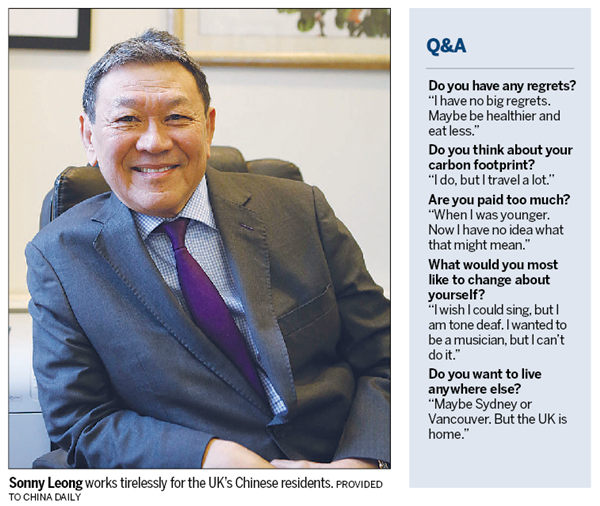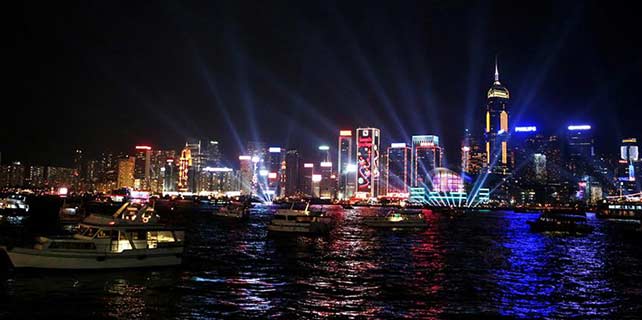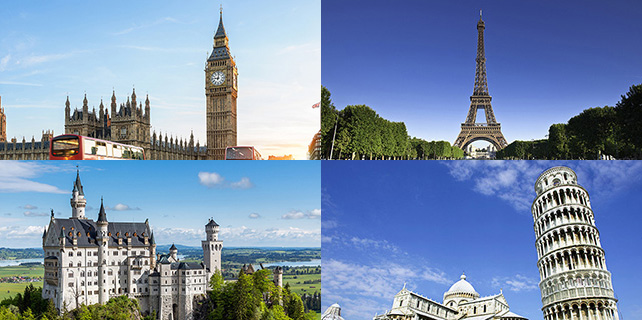China booster sets sights on MP seat in general election

After living in the United Kingdom for 48 years, founding a successful publishing business, and receiving an honor from Queen Elizabeth II, Sonny Leong has a new mission — to help get the Labour Party’s first Chinese Member of Parliament elected.
Leong, 62, is involved in a number of public service organizations, including Chinese for Labour. The group was the UK’s first party-affiliated organization for Chinese residents and has since been joined by similar clubs within the Liberal Democrats and Conservative Party.
With the next British general election set for June 8, the race to get a person of Chinese extraction elected as a Labour MP is a "sprint, not a marathon", he said.
Currently, there is only one MP of Chinese descent — the Conservative Alan Mak.
"We need time to find the right candidates who have the right values," Leong said. It has been a stormy year in British politics because of last June’s vote to leave the European Union, and Leong has been an active participant in the passionate debate, through the contribution of articles and interviews. He would have preferred the UK to have remained in the EU, but as a self-professed, "responsible capitalist" he is focusing on the need for poorer communities that have lost jobs to globalization to get the help they need to adjust.
He is encouraged by the rising confidence of Britons of Chinese descent who are becoming involved in politics in greater numbers.
"There are signs that younger Chinese are getting more involved," he said. "They have less pressure from their parents to study only medicine and business, and more are studying subjects like political science and wanting to work for unions or political parties."
Leong moved to the UK from Malaysia in 1969 to study law. His father, who had an import-export company, is Chinese. His mother is a "mix of Chinese, Indian, Burmese and Thai".
"So, I’m not typically Chinese," he said. He has never practiced as a barrister, instead choosing to found Cavendish Publishing, which became the UK’s biggest independent publisher of academic law books. He sold the company in 2007.
In the early 1980s, he set up a magazine for law students, after noticing they did not have a professional journal. He and his partner commissioned academics to write articles and he would travel the country by car trying to persuade university law societies to distribute the magazine.
"My claim to fame is that I know every motorway to every university, having traveled from Aberdeen to Plymouth three times a year for 16 years," he says. "No other sales rep could fool me."
After he sold Cavendish, he took a break from publishing and helped to form Future First, which provides mentoring and career advice to pupils at state schools.
"Career advice in state schools was appalling and that’s why so many people get left out," he says.
Other nonprofit organizations he has worked with include the Council for Education in the Commonwealth, which fosters cooperation in education across the 52 member states that were mostly former British colonies. And he is currently chief executive of the Civil Service College, which provides training for senior public officials.
Leong is also a trustee of the Mulan Foundation Network, which is attempting to raise the profile of successful Chinese women in the UK, and elsewhere, through annual awards and networking events.
"It’s scandalous that this country doesn’t recognize successful people from the Chinese community but we also need to scream and shout and blow our own trumpet about what we’ve achieved," he said. "Chinese people are breaking through the ‘bamboo ceiling’." The phrase bamboo ceiling makes a play on the expression "glass ceiling" and refers to prejudice and barriers that make it harder for people from Asia to reach senior positions in the professions and politics.
Leong’s achievements and public service were recognized in one of his proudest moments, when he was made Commander of the British Empire by Queen Elizabeth II in 2014.
"I was very chuffed when I got the letter telling me about the award," he said. "I went to Windsor Castle with my wife and daughter. My father was very proud."
His work with the Chinese community in Britain takes up a lot of his passion and energy.
"There are probably around three-quarters of a million people of Han heritage in this country and there are more than 100 community centers doing fantastic work across the UK. There are a lot of problems facing us, such as elderly people living lonely lives, whereas in the past the extended family used to look after them," he says.
"Gambling, domestic violence and mental health are other big issues. The London casino scene is full of people from China and the Middle East, or else it would shut down."









